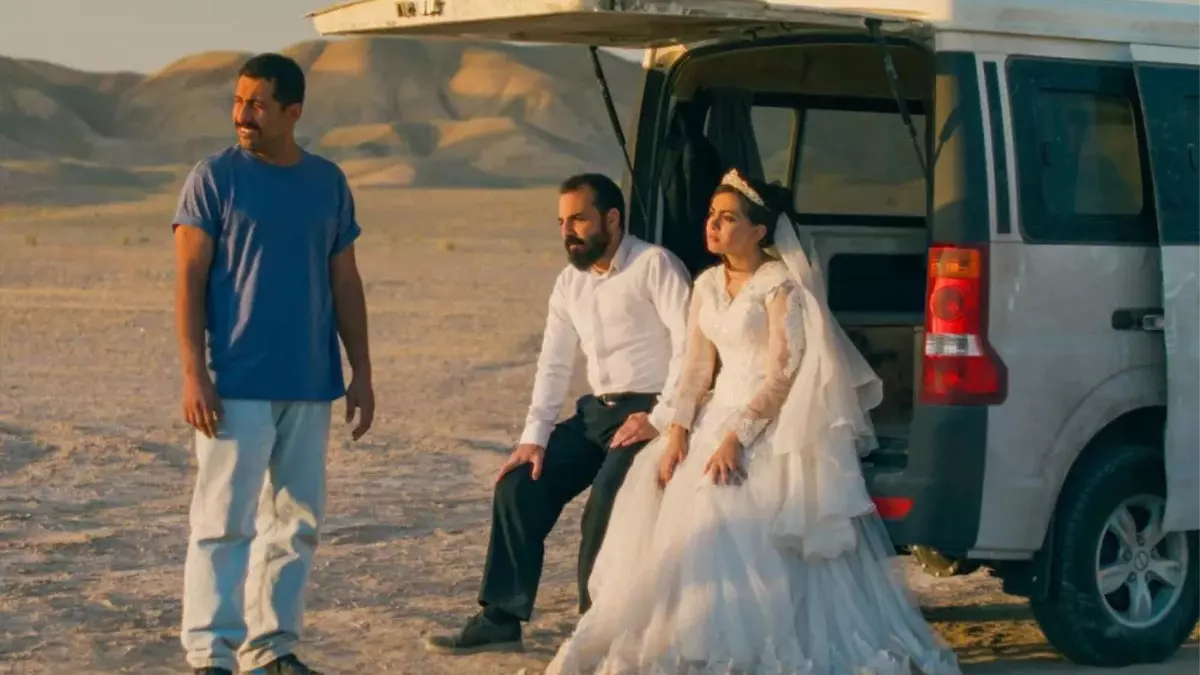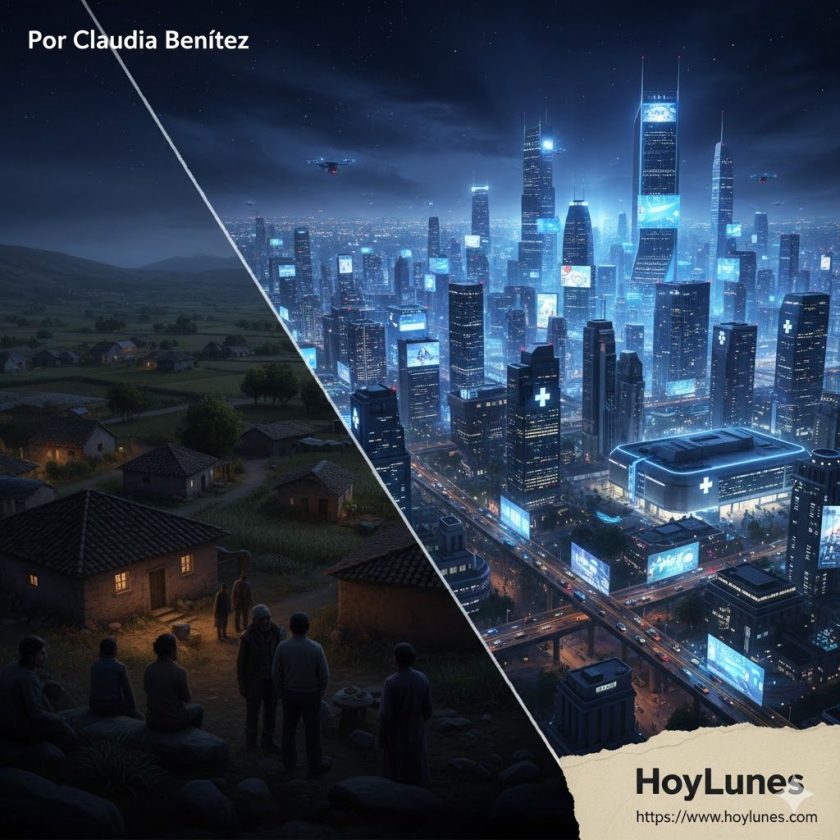Filmed in secret and marked by a powerful political and moral charge, the film explores revenge through the wounds of the past, guilt, and the impossibility of forgiveness in a society scarred by repression and silence. In Spanish theaters from Friday, October 17.
By Jorge Alonso Curiel
HoyLunes – In A Simple Accident (Yek tasadof-e sadeh), Iranian director Jafar Panahi (born 1960)—the only living filmmaker to have won at the three major festivals: Cannes, Berlin, and Venice—builds his story around an apparently insignificant, everyday event: a man, his wife, and their daughter are driving at night when they accidentally run over a dog in the middle of the road. The incident forces the protagonist, “Eghbal”, to take the car to a repair shop, where the mechanic recognizes him by the metallic sound of his prosthetic leg, believing him to be the man who tortured him years earlier during the political repression that left him scarred for life.
From that encounter, Panahi weaves a tense yet deeply humane story—one that does not lack dark humor—moving between guilt and doubt, the desire for revenge and the need for reparation and justice. With his characteristic restraint, the director turns the ordinary into a philosophical reflection on memory and identity.
As in much of his filmography, Panahi transforms a simple gesture—an accident, a fleeting recognition—into a mirror that returns uncomfortable questions: “Can we identify guilt only through the weight of memory? Is reparation possible after horror? Or does every act of justice also conceal a new form of harm?”
The screenplay, co-written by Panahi and his son “Panah Panahi“, combines social realism with political symbolism, recalling the tone of earlier works such as “Taxi Tehran“, “No Bears“, or “Three Faces“. The mise-en-scène—bare, precise, and intimate—amplifies moral tension through prolonged silences and minimal gestures, an unmistakable hallmark of his cinema, which once again relies on outstanding performances.
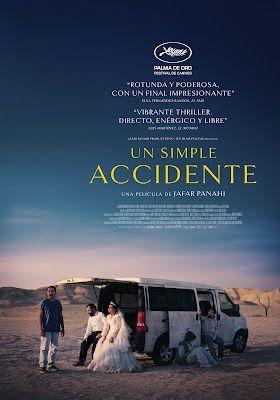
Filmed in Secret, Celebrated in Cannes, and Now in Spain
A Simple Accident was shot in Iran without official authorization, under surveillance and censorship—conditions that have defined much of Panahi’s recent work. Despite severe restrictions on his movement and communication, the film managed to leave the country clandestinely and reach the “Cannes Film Festival”, where it won the “Palme d’Or 2025”, solidifying this gifted disciple of “Abbas Kiarostami” as one of the freest, most authentic, and courageous voices in contemporary cinema.
He is recognized worldwide by critics and audiences alike, though he himself refuses to call himself brave, despite not staying in France after the festival and instead returning to Iran: “The brave ones,” he insists, “are the women who have removed their hijab in Iran”.
Specialized press has praised the film’s symbolic power, its genre-bending blend of thriller, comedy, and drama, and its ability to speak of the universal through the intimate and personal. According to French critic “Jean-Baptiste Morin”, from “Cahiers du Cinéma”, “Panahi reminds us once again that cinema, when it confronts power, remains an act of resistance and a form of truth”.
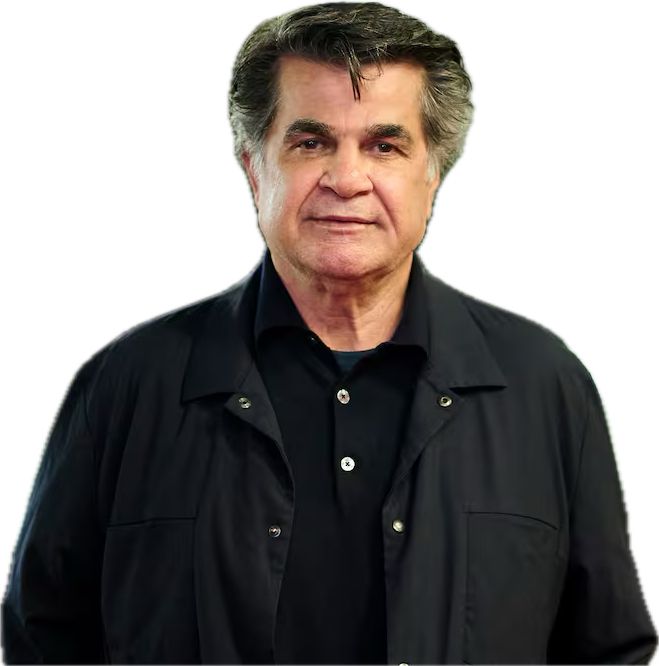
According to the director, “A Simple Accident” marks a new phase in his filmography: “From my first film, “The White Balloon” (1995), up to “Offside“, I focused on filmmaking itself. There were pressures, of course, but I could concentrate on solving cinematic problems. After my first arrest in 2010, when I was banned from traveling or making films, my focus shifted toward my own circumstances.
Before, my camera was turned outward; since then, it turned inward—to what I was living—through films like “This Is Not a Film and “No Bears”. But now I have felt the need to look outward again, only in a different way, marked by everything I have lived, including my second prison sentence between July 2022 and February 2023. So the camera looks outward again, but with a different perspective than before”, he explains. Panahi hopes that his cinema will also “inspire new generations of filmmakers”.
In a time when violence and collective amnesia continue to spread, “A Simple Acciden”—which also represents “France” in the “Oscar race”—invites us to look at the past with clarity and truth, and to ask ourselves what place justice holds in a society that prefers to forget.
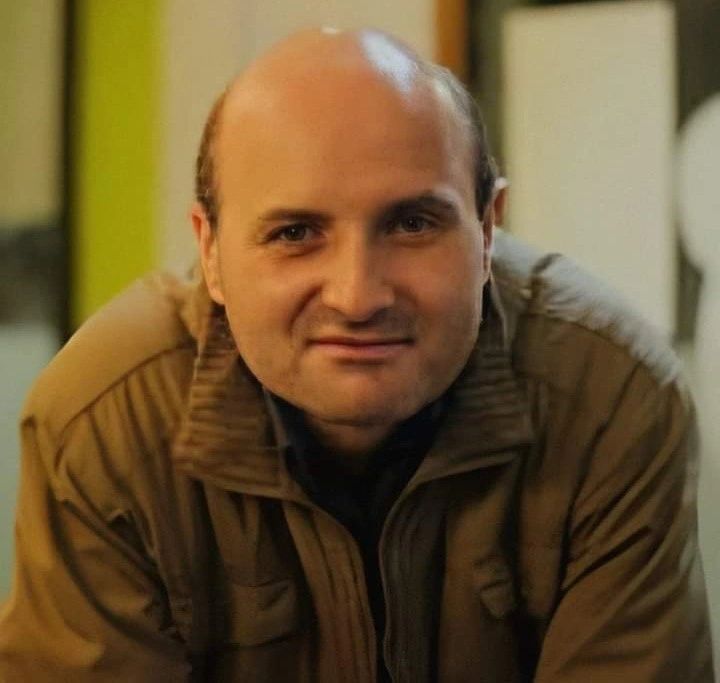
#hoylunes, #jorge_alonso_curiel, #un_simple_accidente,
